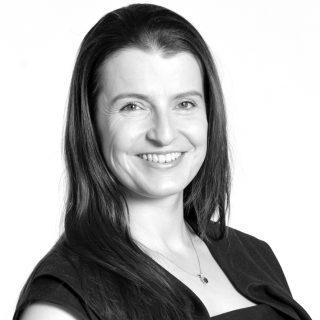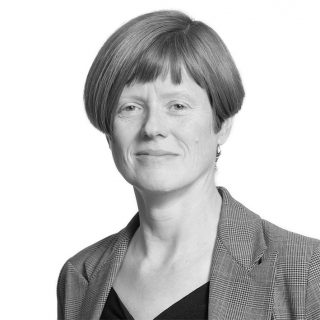MasterCard will accept customers’ fingerprints and selfie photos to verify their identity and make payments online.
The credit card provider said last week that in a Dutch pilot of the new technology run by MasterCard and International Card Services (ICS), nine out of 10 participants preferred fingerprints and facial recognition authentication to passwords.
“Consumers hate passwords,” Ajay Bhalla, head of the firm’s enterprise security division, told BBC News at the recent Mobile World Congress tech show in Barcelona.
“We know the most commonly used password is 123456, so they are not secure, and people also use the same passwords for multiple sites. If one site gets hacked all the places that you use the same password get compromised — they are a big pain.
“In the modern world everyone has a mobile phone and there is Internet connectivity everywhere. So, we should be able to use biometrics [instead] to authenticate ourselves.”
Customers using digital verification get a pop-up on their mobile phone when paying online. They authorise the transaction using their fingerprint or by taking a selfie. When using the selfie option, users have to blink to prove they are not just holding up a photo.
Among those who took part in the pilot, 95% of the fingerprint users and 80% of the facial recognition users indicated that shopping became more convenient using biometric authentication.
“Biometrics, unlike passwords, ensures convenience. People forget passwords, making the payment process unnecessarily long and complex so we expect that passwords will slowly become obsolete in favour of a more user friendly alternative, such as biometrical identification,” said André Ijbema, risk management manager at ICS.
Participants were also convinced about the safety of biometric payments, with almost 75% of users believing that biometric payments will decrease fraud.
Following the success of the pilot, MasterCard is planning to launch the technology in 14 countries in the first half of 2016, including the UK, US, Canada, the Netherlands, Belgium, Spain, Italy, France, Germany, Switzerland, Norway, Sweden, Finland and Denmark.





